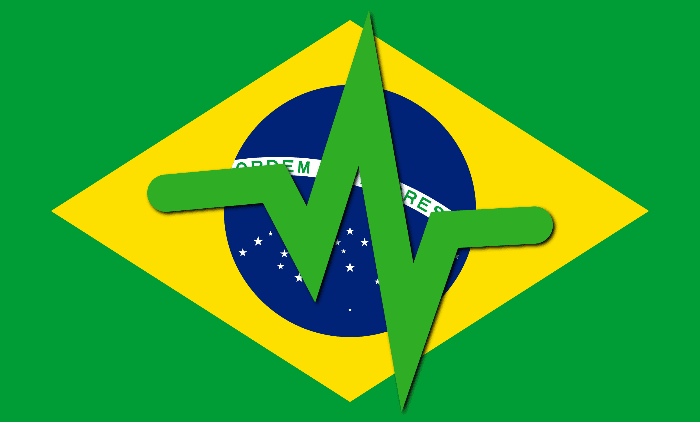Meet the neurological disease that makes people forget the faces of others
[ad_1]
Walking down the street, bumping into an acquaintance and not remembering his name. The situation, although embarrassing, is common and has happened to most people at some stage in life. But, can you imagine meeting a friend or even a family member and not greeting them because you didn’t recognize them? What many may interpret as dislike or lack of attention is called by medicine as prosopagnosia, or simply, facial blindness. The condition causes the person not to be able to partially or fully recognize the face of acquaintances, relatives, family members, and not even famous people, such as actors.
Ligament repair: know the surgery that will leave Neymar 4 months without playing
The problem is believed to be linked to a part of the brain called the fusiform gyrus, which is responsible for linking the neural networks associated with recognition. This capacity was being refined over the generations, since, in natural selection, those who had developed it won out. After all, knowing who was approaching (whether it was a friend, enemy or potential threat) was a matter of survival.
In an interview with the British newspaper The Mirror, cognitive neuropsychologist Ahok Jansari, from Goldsmiths, University of London, England, who is at the forefront of research on the disease, explains that the brain processes faces differently from everything else. That is, the brain creates a puzzle and then solves it. However, those who are affected by face blindness have the flow of recognition interrupted, making it impossible for the brain to complete this puzzle.
“We are in the early stages of understanding the mechanics of this condition, but it can be horrible for people. Many develop good techniques to deal with anxiety, but many others will avoid situations where they have to recognize people, which restricts their social and professional life”, he points out. The techniques involve trying to identify acquaintances by clothing, voice, body shape or hair.
Just one sleepless night shortens your lifespan, says study
Hardly diagnosed — as it can be attributed to poor memory —, prosopagnosia causes patients, for example, to be unable to follow movies and series, as they have difficulty recognizing the characters’ faces. Maintaining lasting relationships is also complicated, and very crowded places can cause a feeling of disorientation. In more severe cases, the person may not be able to recognize their own face. The diagnosis is made by a neurologist or a neuropsychologist.
The person can be born with the disease or develop it after a Cerebrovascular Accident (CVA) or severe brain trauma. There are still cases in which the diagnosis occurs as a result of neuropsychiatric conditions, such as Alzheimer’s, depression or schizophrenia. Children with Autistic Spectrum Disorder (ASD) and Asperger’s syndrome may also be affected.
In children, the disease can represent an additional obstacle, as many will not be able to remember the faces of those they played with the day before, preventing them from being invited to birthdays, games, and other activities. In this way, the child ends up isolating himself because of something that is not his fault or control, and “in the long term, this can trigger mental health problems”, explains Jansari.
‘We live in an epidemic of back pain’, says neurosurgeon
Despite not recognizing the face, the patient can remember the names, since the areas of facial recognition and filing of proper names are distinct in the brain. The embarrassment really happens during the recognition of facial features, which is prevented by the disorder.
Recently, one of the stars of the movie screen, actor Brad Pitt, said in an interview that he does not recognize the faces of his famous friends and that he believes he has the condition. The attitude would have been interpreted by many colleagues as arrogance and self-centeredness, which was denied by the Hollywood actor.
Another Hollywoodian who also claims to have prosopagnosia is film producer Jeff Kleeman. In addition to working on the James Bond films, Kleeman was also a co-producer of the talk show “The Ellen DeGeneres Show” for a decade. The duo has already done 1,600 hours of TV together, but even so, the producer could not easily recognize Ellen.
“If a thin blonde, in her 60s, dressed a certain way came in, it was likely to be Ellen. But I didn’t recognize her face,” she told The Mirror. Kleeman said it was a surprise to find that people could recognize people by her face. “It was like a magic trick,” she said.
To the British newspaper, Jansari stated that more research needs to be done and that more people should be made aware of prosopagnosia.
[ad_2]
Source link


